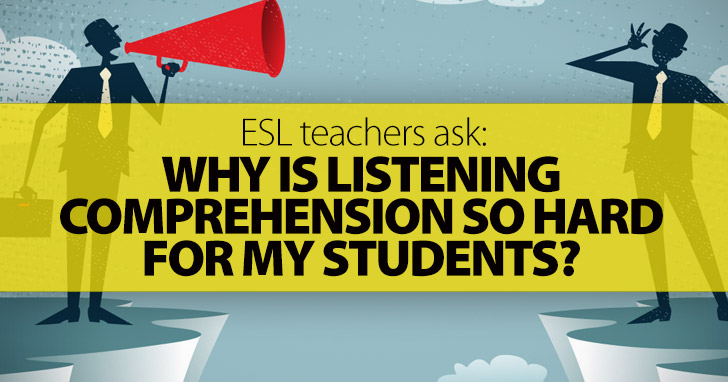
Teaching listening skills
Some principles
Harmer (2010) in his book 'How to teach English' argues that there are six principles:1. The listening material is as important as the equipment to reproduce it.2. Preparation is vital (pre-listening activities for students & teachers should foresee possible problems)3. Once will not be enough4. Studebts should be encouraged to respond to the content of the listening, not just to the language5. Different listening stages demand different listening tasks6. Effective teachers exploit listening texts to the full
a
Some difficulties for students
Wrong strategy
Too many unknown lexis
Accent
Tired/bored/lost
Learning style

Listening games
What's listening
1. ‘Listening is an act of interpreting speech that one receives through ears. Hearing is an act of receiving the language through ears without interpretation. Listening is a communicative skill to get the meaning from what we hear. People listen in order to remember what they hear verbally or for the sake of meaning retention. They listen in order to evaluate critically what they hear or to give supportive empathy’ (Millrood 2001)2. ‘Listening comprehension is the process of understanding speech in a first or second language’. ( Richards & Schmidt 2010:344)3. ‘Listening is a receptive skill, i.e. we receive language rather than produce it. Listening is the process of interpreting messages-what people say. …Even though listening is a receptive skill it is not necessarily a passive one’ (Lindsay & Knight 2006:47)4. ‘Listening is an active, purposeful process of making sense of what we hear. … As people listen, they process not only what they hear but also connect it to other information they already know. Since listeners combine what they hear with their own ideas and experiences, in a very real sense they are “creating meaning” in their own minds. Nunan (2003:24).5. ‘Listening refers to a complex process that allows us to understand spoken language….Listening is the channel in which we process language in real time – employing pacing, units of encoding and pausing that are unique to spoken language. (Rost, M. 2001 in Carter & Nunan (Eds) 2001)6. ‘Listening, which means paying attention to and understanding what you hear, is an essential skill of communication…. Successful listening depends on our ability to understand sounds in particular contexts and circumstances. The setting or social situation plays an important role in helping us to work out the meaning and interpret what we hear’ (Lindsay 2014).
Information processing approaches
In real life, we use both approaches simultaneously and it's called 'interactive approach'
Top down
Botom up
Interactive
Reasons for listening
According to Harmer (2010) How to teach English (Ned Ed) Pearson, we teach listening for the following reasons:* To epose learners to different varieties of English, * To expose learners to real English through recorded materials,* So that language can be acquired by learners by being exposed to authentic materials and tasks,* To develop or improve the skill of listening by lsitening
Lesson sequence
Pre
While
Post
This is the reaction to the text or reflection and evaluation of the text stage. Activities may be discussions or writing comments, opinions, etc. It means you are also integrating skills.Language focus activities can also be done, especially if you intend to teach procuctive skills in the following lesson. You can ask students to focus on pronunciation, grammar or lexis.

Resources
Authentic materials
Resources 1
Resources 2
Apps
Your task
1. Write your own definition of listening based on the definitions given.2. Read all the added articles and write an essay about teaching listening skills of English as an additional language.3. Plan and demonstrate a listening lesson for secondary school students. You can choose the school and students' level and age.
Listening skills
Predicting content
Listening for gist
Detecting signposts
Listening for details
Inferring meaning
